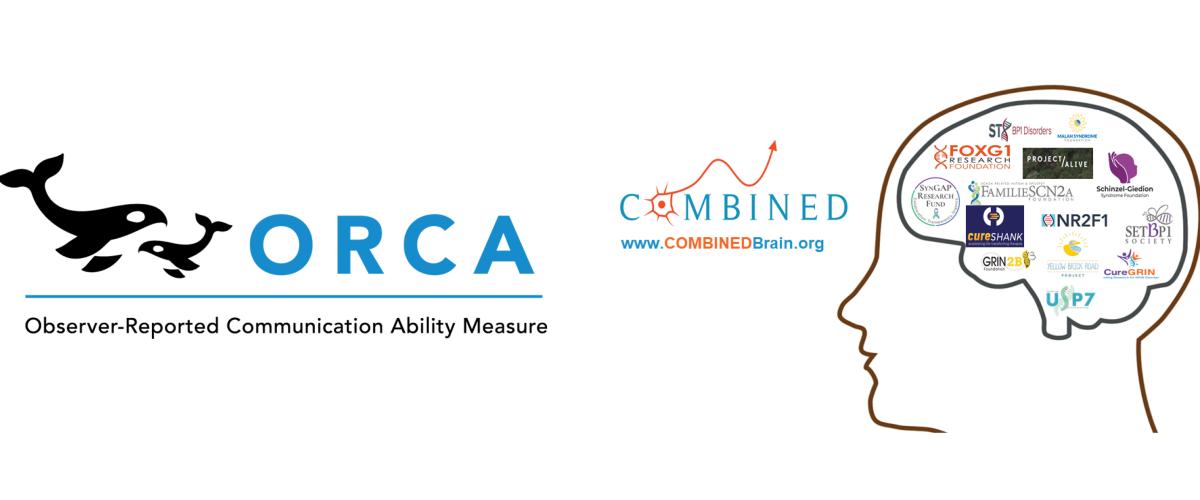
When assessing the communication ability of individuals with neurodevelopmental disorders (NDDs) in the context of clinical trials, existing clinical outcome assessments (COAs) have significant limitations, including the inability to differentiate among individuals and lack of input from parent advocates.
With a grant from the U.S. Food and Drug Administration (FDA), Dr. Bryce Reeve (Principal Investigator) and other CHM investigators will work with COMBINEDBrain, a patient advocacy consortium, to expand the ORCA measure to a range of NDD populations.
Expanded ORCA
The project, Expanding the Observer-Reported Communication Ability (ORCA) Measure: Measuring the communication ability of individuals with rare, neurodevelopmental disorders, will use rigorous qualitative and quantitative methods to support the ORCA measure’s use with 12 other NDDs. The study team includes experts in:
- COA development
- Communication
- Clinical trials
- Neuropsychology
The team also includes a Stakeholder Engagement Group consisting of 16 leaders in the field including parents, patient advocates, and clinicians who will provide access to 12 distinct NDD populations. An External Technical Advisory Committee (ETAC) will provide additional guidance and will consist of:
- Clinicians
- Methodologists
- Speech-language pathologists
- Industry experts
- Patient advocates
2025 Project Update
A manuscript describing our study findings from the first two years of the project was recently published in The Journal of Child Psychology and Psychiatry.
2024 Project Update
Learn more about our 2024 project updates.
ORCA Measure
Read more about the original ORCA measure
Learn about the NDDs included in this study
Funding Disclosure
This program is part of the CDER Pilot Grant Program, which is under the FDA’s Patient-Focused Drug Development (PFDD) efforts to support the use of meaningful and valid outcomes in regulatory trials.
Disclosure Language:
“Dr. Reeve and other study team members have developed the technology that is being used in the study. If the technology is commercially successful in the future, the developers and Duke University may benefit financially."